Music 101: What would I learn if I took Music 101 in college?
What would I learn if I took Music 101 in college?
Most major college Music 101 courses are specialized and designed for a specific program. In other words, you’ll find a Music 101 class for classical music, dance and theater, performance, or theory (among many others). Which 101 class a student chooses is mostly determined by their major. For example, a college may offer separate degree programs, including a Bachelor of Arts in Music Performance, Bachelor of Arts in Theory and Composition, or Bachelor of Arts in Music Education. In most schools, each major has a particular program of study and may have it’s own 101 class with specific points of study.
In general, a college-level Music 101 class covers a number of topics including music notation, composition, piano, performance (some whether the student plays an instrument or not), and ear training (sight singing). A significant amount of time is spent on piano studies (some colleges call the class “Keyboard Skills”) where the student learns basic composing skills, explores different styles of music, and begins their study of music theory. The student may also be asked to be a part of a choir or chorale, and study the human voice as a musical instrument.
For those students not familiar with reading music, some 101 classes include the study of basic music terms as well as the various signs and symbols present in written music. The student will also study key and time signatures, various scales, and dynamics. Normally, at the end of such a class, the student is required to demonstrate what they have learned via a written exam or by playing a piece on the piano. Along with these hands-on offerings, many colleges and universities offer a class in the physics and science of sound (which may lead to a career as a recording engineer).
In keeping up with advances in computer recording and digital media, The Julliard School of Music, for example, offers a class in Music Technology where students pursue specialized areas of study such as digital music production, film scoring, and the use of computers in performance. Other schools, such as the Berkley College of Music, includes a 101 section on the business aspects of music including artist management and promotion
For the most part, a Music 101 class will not require prerequisite studies (particularly those 101 classes that are of a general nature). All that may be needed is eligibility and the desire to learn. These classes are often a continuation of a high school (or college) Music Appreciation class, with a focus on topics such as music in culture, history of music, seeing music as an art form, and an appreciation of the process of recording and producing CD titles (albums and singles). Being able to play an instrument or having background in vocal studies may not be necessary. This type of a Music 101 class can often be found at the community college level or, in some cases, part of a community continuing education program.


